President Donald Trump announced on Sunday that the United States will impose a 100% tariff on all films produced abroad, claiming the American film industry is in steep decline due to overseas tax incentives that attract filmmakers.
Calling the situation a "national security threat," Trump said on Truth Social that foreign governments are deliberately undercutting Hollywood, using the film industry for propaganda. "WE WANT MOVIES MADE IN AMERICA, AGAIN!" he declared.
He directed agencies like the Department of Commerce to begin enforcing the new tariff immediately. Commerce Secretary Howard Lutnick confirmed the move on X, posting, "We`re on it."
However, neither Trump nor Lutnick provided specifics on how the tariff will be enforced. It remains unclear whether the policy applies to streaming content, theatrical releases, or how the tariffs will be calculated—by production cost or revenue. The Motion Picture Association, which represents major studios, had no comment, and Hollywood executives were reportedly scrambling to understand the policy`s implications.
In January, Trump had tapped Hollywood veterans Jon Voight, Sylvester Stallone, and Mel Gibson to lead a revival of the domestic film industry.
For years, U.S. film and TV productions have increasingly relocated abroad to take advantage of generous tax credits. Governments worldwide have enhanced these incentives to capture a larger share of the $248 billion global content production market projected for 2025, according to Ampere Analysis.
Major studios like Disney, Netflix, and Universal routinely film in countries such as Canada and the UK. Following Trump’s announcement, officials in Australia and New Zealand—both popular filming locations—expressed support for their local industries. Marvel films have used Australian studios, while "The Lord of the Rings" was shot in New Zealand.
In 2023, nearly half of U.S. production spending on big-budget film and TV projects occurred outside the country, according to research firm ProdPro. In Los Angeles, production has dropped by nearly 40% over the past decade, per FilmLA. The impact of recent wildfires has further fueled concern that industry professionals may relocate entirely.
A ProdPro survey found California ranks sixth among top filming locations, behind Toronto, the UK, Vancouver, Central Europe, and Australia. Industry leaders and unions are pressing Governor Gavin Newsom to expand tax incentives to keep productions in-state.
Trump’s film tariff mirrors other protectionist trade measures taken during his presidency, which have previously disrupted global markets and sparked recession fears.
William Reinsch, a former Commerce Department official and current fellow at the Center for Strategic and International Studies, warned that retaliation against this tariff could severely hurt the U.S. industry. “We have far more to lose than to gain,” he said, arguing it would be difficult to justify the policy as a national security measure.


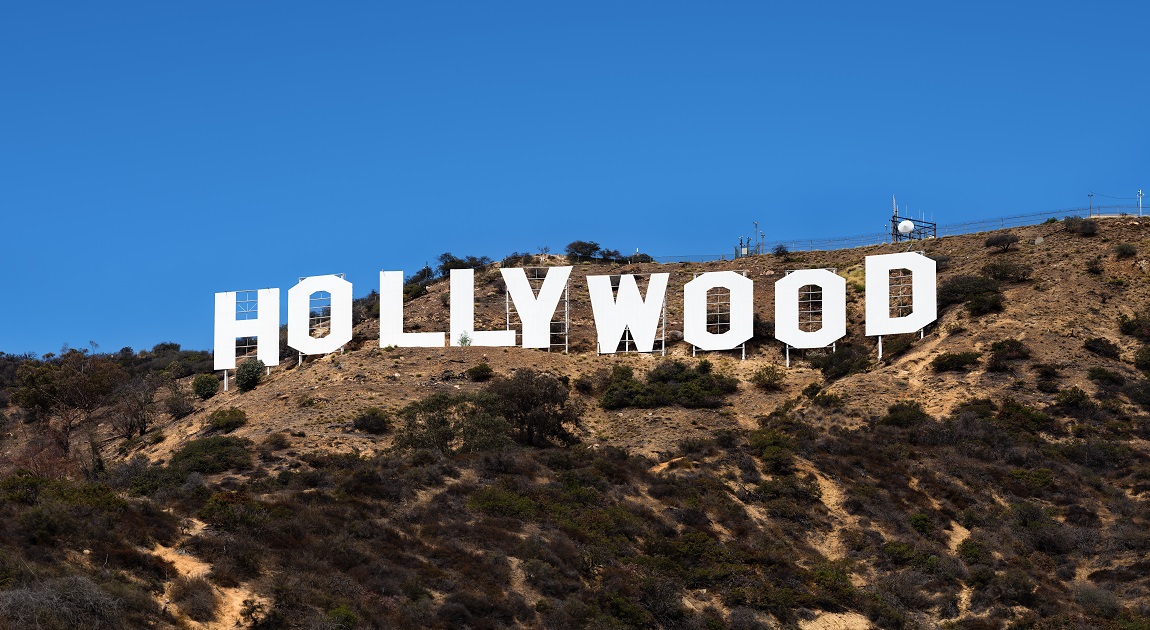


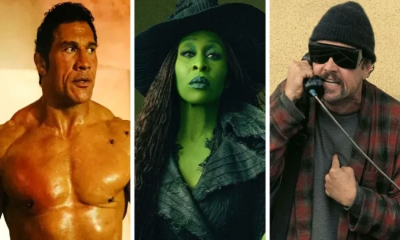


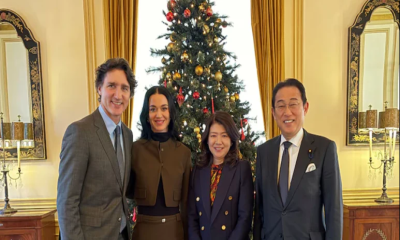

-20251214131253.webp)


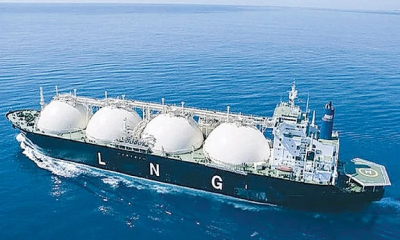









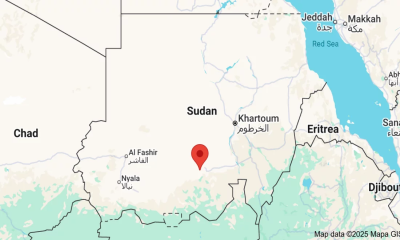




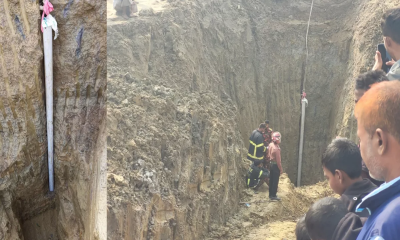
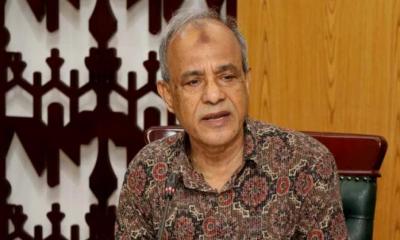




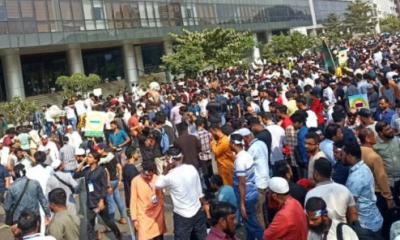


-20251207131533.jpg)
